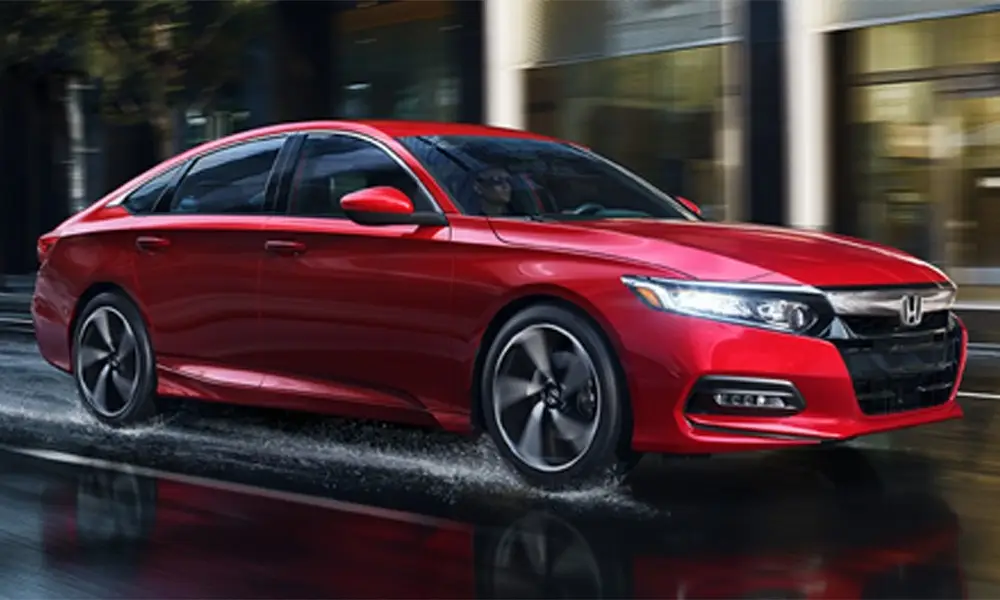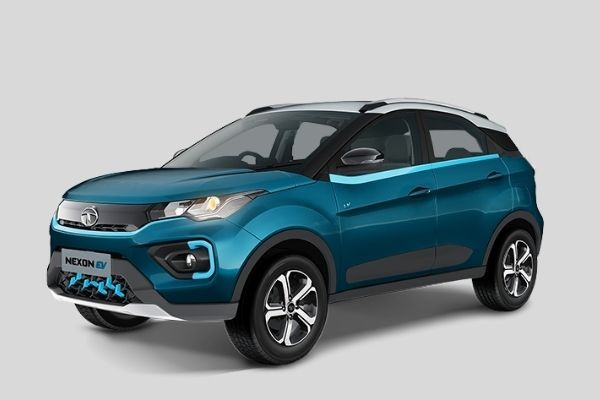When it comes to protecting your vehicle investment, car warranties play a crucial role. However, choosing between manufacturer and third-party warranties can be a daunting task. This comprehensive guide will delve into the pros and cons of both options, helping you make an informed decision that best suits your needs and budget.
Manufacturer Car Warranties
Manufacturer warranties, also known as factory warranties, are provided by the vehicle’s original manufacturer and typically come standard with new car purchases.
Pros of Manufacturer Warranties
-
Guaranteed OEM Parts
One of the most significant advantages of manufacturer warranties is the assurance that your vehicle will be repaired using genuine Original Equipment Manufacturer (OEM) parts
This ensures optimal performance and maintains your car’s value.
-
Specialized Technicians
Repairs under manufacturer warranties are typically carried out by factory-trained technicians who specialize in your specific make and model
This expertise can lead to more accurate diagnoses and efficient repairs.
-
Seamless Integration
Manufacturer warranties often integrate seamlessly with your vehicle’s purchase, requiring no additional paperwork or negotiations
Cons of Manufacturer Warranties
-
Limited Coverage Period
Factory warranties usually have a shorter coverage period, typically ranging from 3 to 5 years or up to a certain mileage limit
This may leave you unprotected as your vehicle ages.
-
Restricted Repair Locations
Most manufacturer warranties require you to have repairs done at authorized dealerships, which can be inconvenient if you’re far from home or prefer your local mechanic
-
Less Flexibility
Manufacturer warranties often have less flexibility in terms of coverage options and customization compared to third-party alternatives
Third-Party Car Warranties
Third-party warranties, also known as extended warranties or vehicle service contracts, are provided by independent companies and can be purchased at any time during your vehicle ownership.
Pros of Third-Party Warranties
-
Extended Coverage
Third-party warranties often provide more comprehensive coverage that extends beyond the manufacturer’s warranty period, protecting your vehicle for longer
-
Flexible Repair Options
With most third-party warranties, you have the freedom to choose your preferred repair shop, offering greater convenience and potentially faster service
-
Customizable Plans
Third-party providers typically offer a range of plans with varying coverage levels, allowing you to tailor the warranty to your specific needs and budget
Cons of Third-Party Warranties
-
Potential for Lower-Quality Parts
Some third-party warranties may use aftermarket parts for repairs, which could potentially affect your vehicle’s performance or resale value
-
More Complex Claims Process
Filing a claim with a third-party warranty provider can sometimes be more complicated than with a manufacturer warranty, potentially leading to delays in repairs
Varying Provider Reliability
The quality and reliability of third-party warranty providers can vary significantly, making it crucial to research and choose a reputable company
Factors to Consider When Choosing a Warranty
When deciding between a manufacturer and third-party warranty, consider the following factors:
- Vehicle age and mileage
- Intended length of ownership
- Budget constraints
- Desired coverage level
- Preferred repair locations
- Vehicle reliability and common repair issues
Conclusion
Both manufacturer and third-party car warranties have their unique advantages and drawbacks. Manufacturer warranties offer the assurance of OEM parts and specialized technicians but come with limitations in coverage period and repair locations. Third-party warranties provide extended coverage and more flexibility but may use aftermarket parts and have a more complex claims process.
Ultimately, the best choice depends on your individual circumstances, including your vehicle’s age, your budget, and your long-term ownership plans. By carefully weighing the pros and cons outlined in this guide, you can make an informed decision that provides the best protection for your vehicle and peace of mind for you as a car owner.





